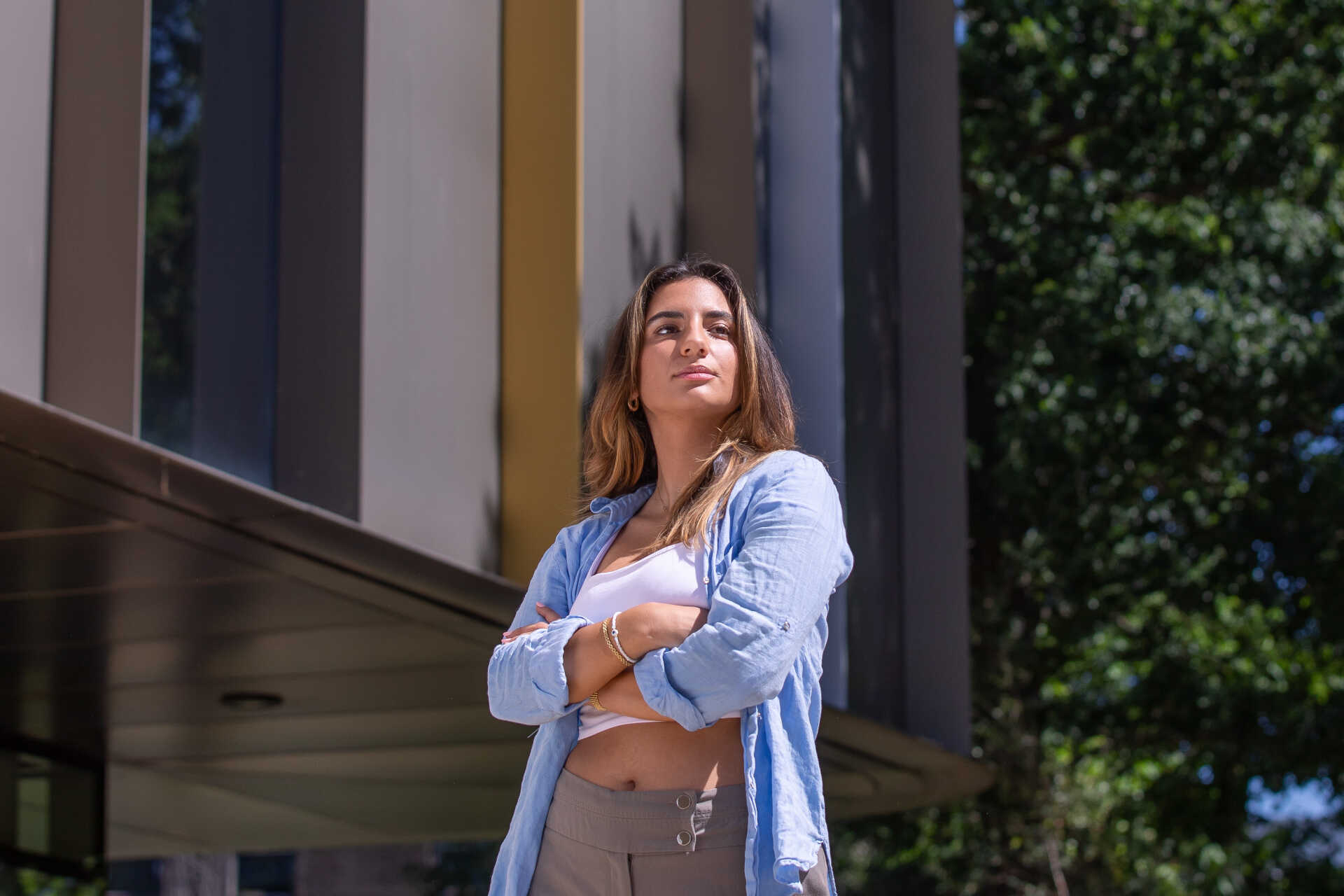Political and Social Thought
The School of Politics and International Relations has a long tradition of high-quality research among its staff and students. Our vibrant research culture attracts students from all over the world who conduct research at the forefront of our discipline.












